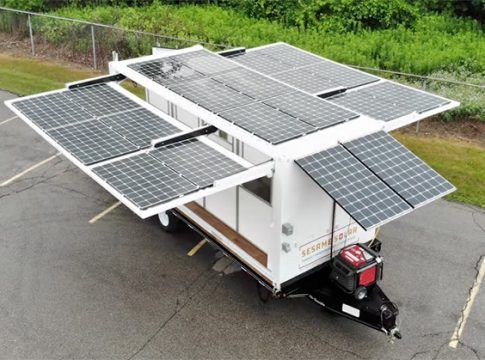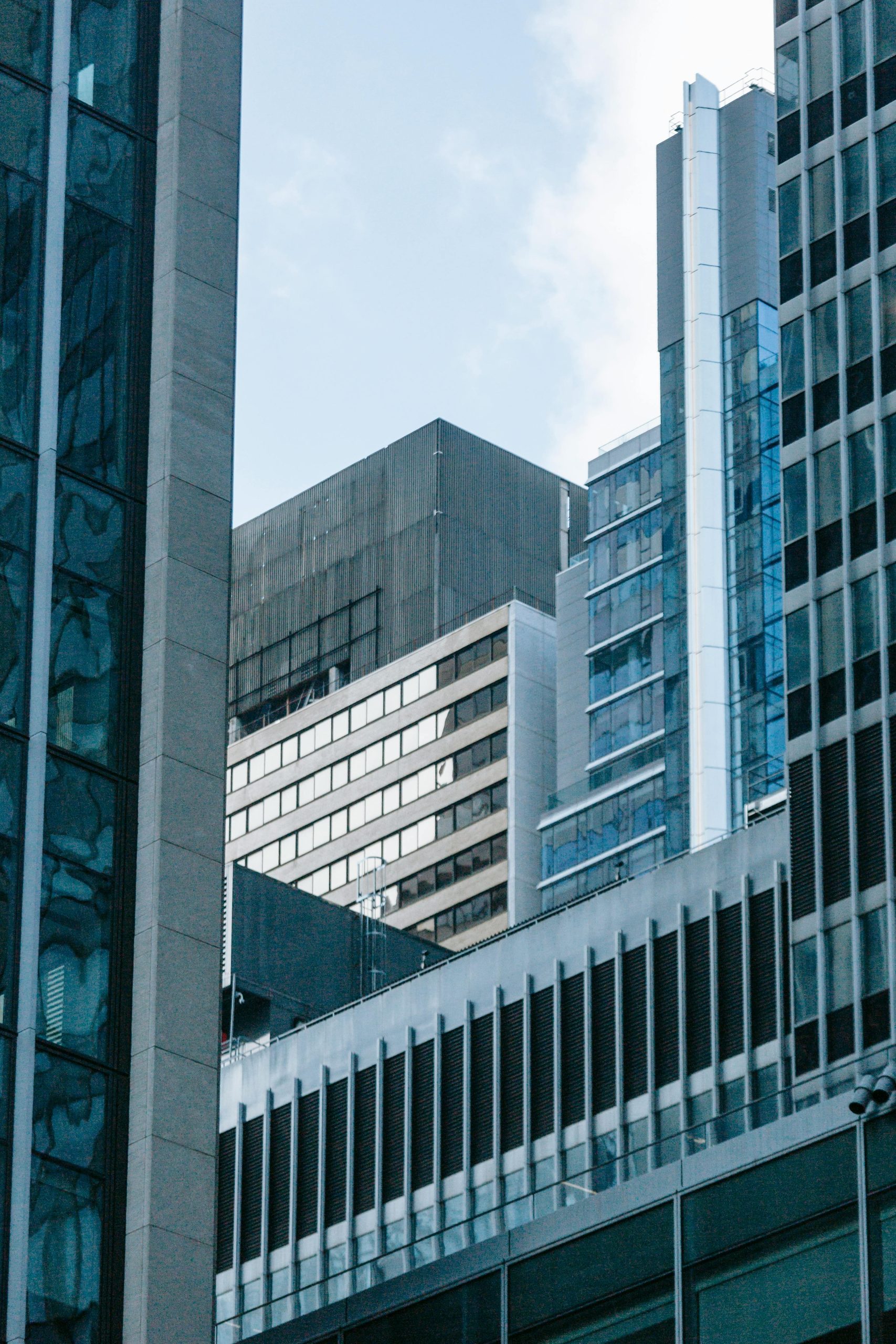When we think of climate change, we often imagine big factories, gas-guzzling trucks, or burning forests.
But did you know your daily habits also play a big role in contributing to carbon emissions? Many of the things we do without thinking, like driving, eating with certain utensils, or leaving lights on, quietly increase our carbon footprint.
What is Carbon a Footprint?
Carbon footprint refers to the total amount of carbon dioxide and other greenhouse gases released into the atmosphere that are generated from a person's direct or indirect activities. It is usually measured in units of carbon dioxide (CO₂) and serves as an estimate for the impact of our activities on the environment.
With that said, here’s a simple guide to the most common everyday habits that contribute to your carbon footprint and what you can do to make a difference.
1. Driving:
Driving cars that run on petrol or diesel significantly adds to your carbon footprint. These vehicles emit carbon dioxide every time you drive them, and when driven every day, those emissions add up fast. On average, a person is estimated to emit about 4.6 metric tons of carbon dioxide annually just from driving alone.
To help reduce this, you can try carpooling instead or choose public transport, biking, or walking when possible. Electric vehicles are also a great alternative if accessible.
2. Using Too Much Electricity:
Another habit you may have that adds to your carbon footprint is leaving lights, TVs, or other appliances on when not in use. This is because a large portion of electricity is still generated from fossil fuels, so unnecessary use only increases emissions and, consequently, your carbon footprint.
Therefore, consider switching off and unplugging appliances when not in use, especially when going out. Also, you can opt for energy-saving LED bulbs and use fans instead of AC when possible.
3. Wasting Food:
When food is thrown away, all the resources used to produce it, such as water, labor, transport, etc., are also wasted. Moreover, rotting food in landfills releases methane, which is a greenhouse gas. In essence, wasting food doesn't just waste the food itself; it also wastes the resources used to produce it and contributes to pollution.
So, rather than trashing meals unnecessarily, you can instead plan ahead, store food properly, or get creative with leftovers. Alternatively, you can consider composting which is another great way to keep food waste out of landfills.
4. Flying Frequently
Air travel is one of the fastest-growing causes of greenhouse gas emissions. A single long flight can produce more emissions than many people generate in a year. According to Carbon Independent, each hour of a flight generates about a quarter of a ton or 250 kg of CO2 emissions per passenger. For better context, that's 1.5 tons or 1,500 kg for a six-hour flight. This goes to show how environmentally harmful flying is.
One way to help is by flying less when you can. Also, opting for trains or buses when it comes to shorter trips is a lot more beneficial. However, if you must fly, consider direct flights and carbon offset programs.
5. Using Disposable Items
Plastic cutlery and plates, paper cups, and single-use bags may be convenient, but they contribute to pollution and carbon emissions. The production and disposal of plastic products alone generates about 1.8 billion tons of emissions. Moreover, in producing paper products, timber is needed, which consequently leads to the cutting of trees. Without enough trees, not enough greenhouse gases can be absorbed from the atmosphere, which ultimately increases the amount of these gases in the atmosphere.
Therefore, instead of disposable items, you can opt for reusable ones such as insulated cups, cloth shopping bags, stainless steel chopsticks, and so on.
Final Thoughts
It's important to remember, however, that reducing your carbon footprint doesn’t mean turning your life upside down. It’s just about making small, mindful changes that add up to a big impact over time. Start with one habit at a time, and with a little consistency, you'll help keep our planet healthy.
A good way to start can be by checking out some of the eco-friendly products and services we offer. As a company dedicated to environmental protection, our construction services center around sustainable practices such as recycling and creating energy-efficient structures.
You can check them out here and request a quote here to get started. Also, feel free to check out our blog here for more enlightening news and updates. And you can visit our YouTube channel here to discover some of our exciting content and follow us on Instagram @redcityestate for any important announcements.










